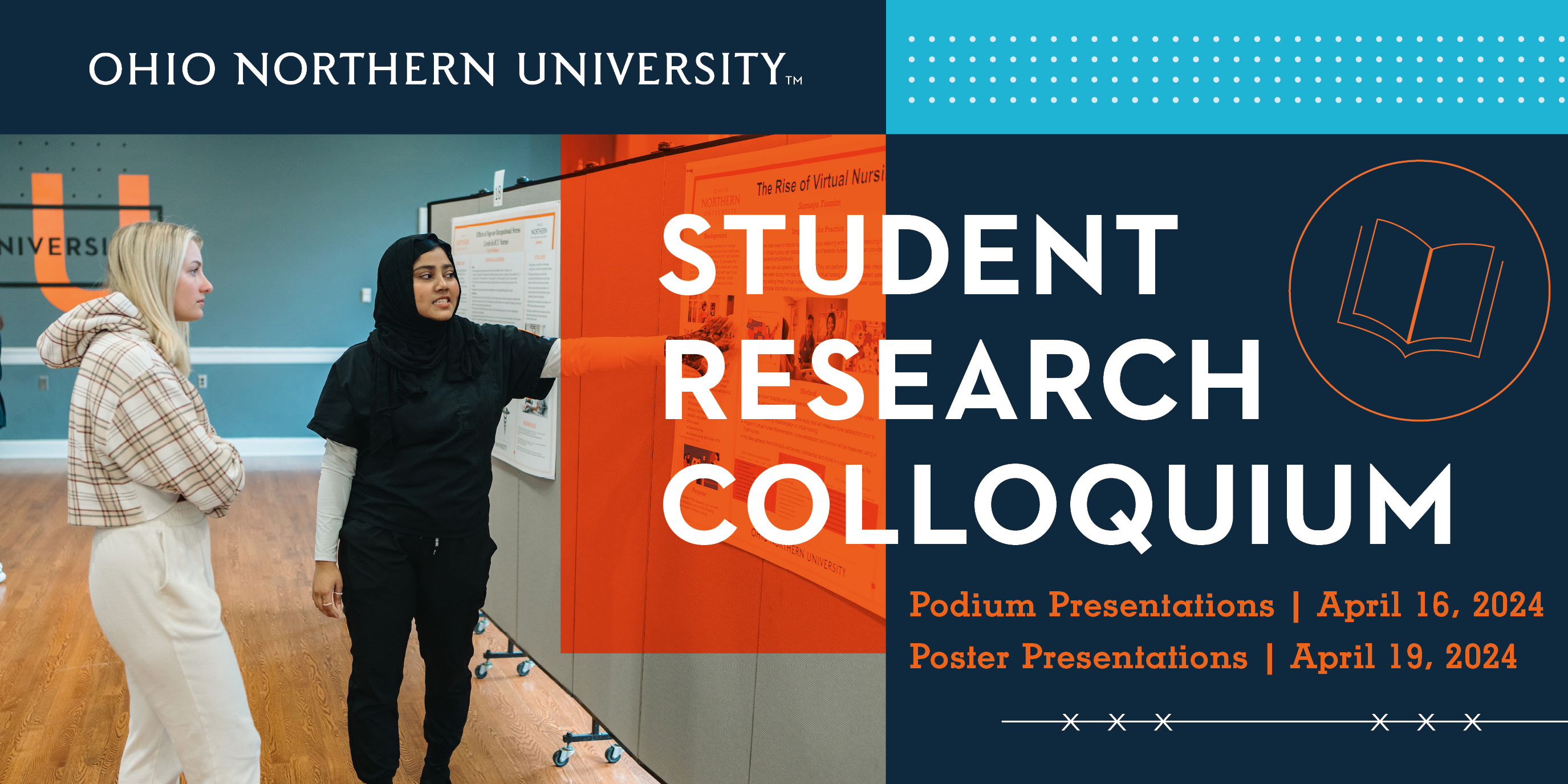Sick Days - Diabetes Management
Honors Capstone Project
1
Advisor(s)
Dr. Kier
Confirmation
1
Document Type
Paper
Location
McIntosh Activities Room
Start Date
16-4-2024 2:15 PM
End Date
16-4-2024 5:00 PM
Abstract
Diabetes is the eighth leading cause of death in America. It affects over 38 million Americans with 2 million of them having type 1 diabetes. Type 1 diabetes is a chronic condition where the pancreas makes little to no insulin, and therefore cannot convert blood glucose into energy. The buildup of blood glucose in the bloodstream can lead to diabetic ketoacidosis (DKA). DKA is life threatening. It occurs when the cells in the body do not get the proper amount of glucose for energy causing the body to resort to burning fat for energy. As fat is burned, ketones are produced making the blood more acidic. The rising acidity becomes toxic to the body and can lead to coma or death. The most common causes of DKA are when insulin is not given after a meal and during illness. Training from the Collaborative Institutional Training Initiative (CITI) Program and approval by the Institutional Review Board at Ohio Northern University were completed before starting research. Utilizing the Delphi method, a focus group of four to six residents from Ohio with type 1 diabetes who have a continuous glucose monitoring (CGM) device discussed managing diabetes during sick days. Emphasis was placed on the education of sick day management, such as how to adjust dosing, signs of DKA, and how to prepare for sick days to ensure blood glucose is correctly managed. After convening the discussion, a handout was made that focused on key information that type 1 diabetics should know about managing their blood glucose during sick days. This research helps identify the baseline information newly diagnosed patients with type 1 diabetes should know about managing their blood glucose during sick days and how to best be prepared.
Recommended Citation
de Fremery, Paige, "Sick Days - Diabetes Management" (2024). ONU Student Research Colloquium. 6.
https://digitalcommons.onu.edu/student_research_colloquium/2024/papers/6
Level of Access
Restricted to ONU Community
Restricted
Available to ONU community via local IP address and ONU login.
Sick Days - Diabetes Management
McIntosh Activities Room
Diabetes is the eighth leading cause of death in America. It affects over 38 million Americans with 2 million of them having type 1 diabetes. Type 1 diabetes is a chronic condition where the pancreas makes little to no insulin, and therefore cannot convert blood glucose into energy. The buildup of blood glucose in the bloodstream can lead to diabetic ketoacidosis (DKA). DKA is life threatening. It occurs when the cells in the body do not get the proper amount of glucose for energy causing the body to resort to burning fat for energy. As fat is burned, ketones are produced making the blood more acidic. The rising acidity becomes toxic to the body and can lead to coma or death. The most common causes of DKA are when insulin is not given after a meal and during illness. Training from the Collaborative Institutional Training Initiative (CITI) Program and approval by the Institutional Review Board at Ohio Northern University were completed before starting research. Utilizing the Delphi method, a focus group of four to six residents from Ohio with type 1 diabetes who have a continuous glucose monitoring (CGM) device discussed managing diabetes during sick days. Emphasis was placed on the education of sick day management, such as how to adjust dosing, signs of DKA, and how to prepare for sick days to ensure blood glucose is correctly managed. After convening the discussion, a handout was made that focused on key information that type 1 diabetics should know about managing their blood glucose during sick days. This research helps identify the baseline information newly diagnosed patients with type 1 diabetes should know about managing their blood glucose during sick days and how to best be prepared.

